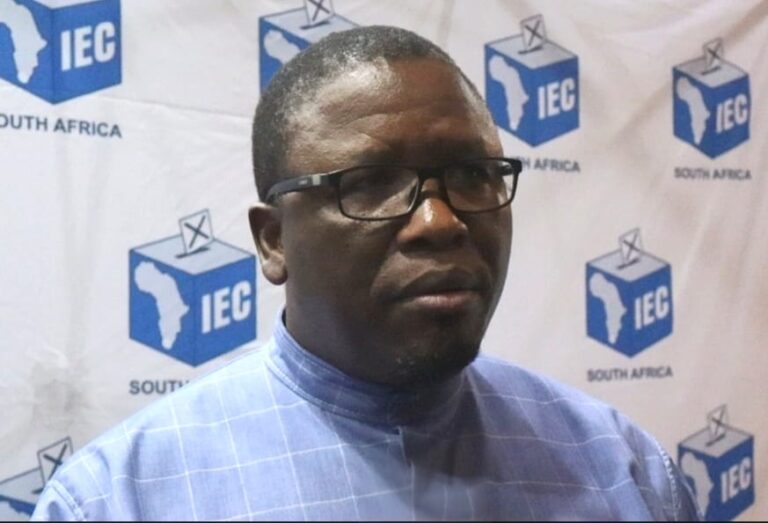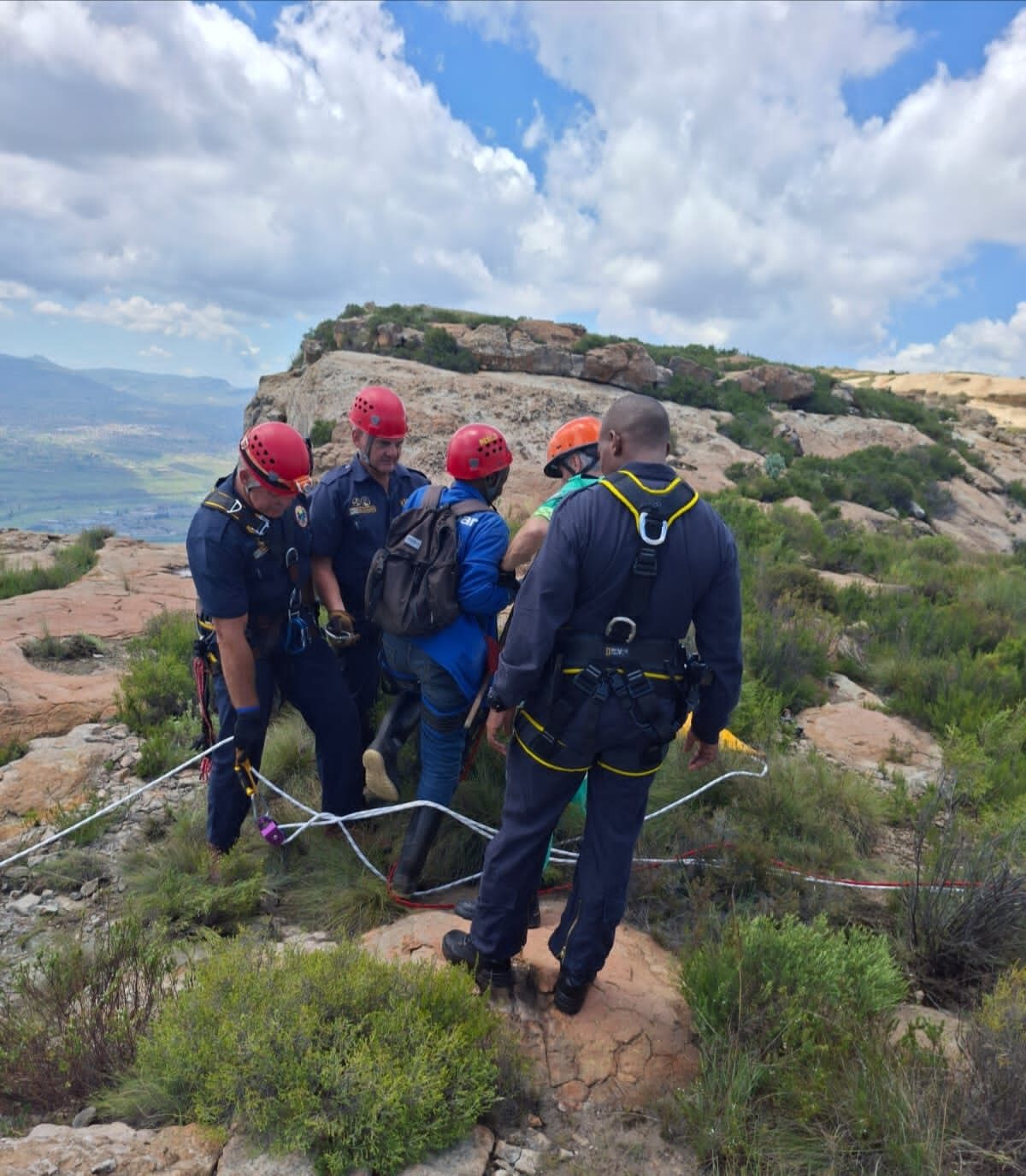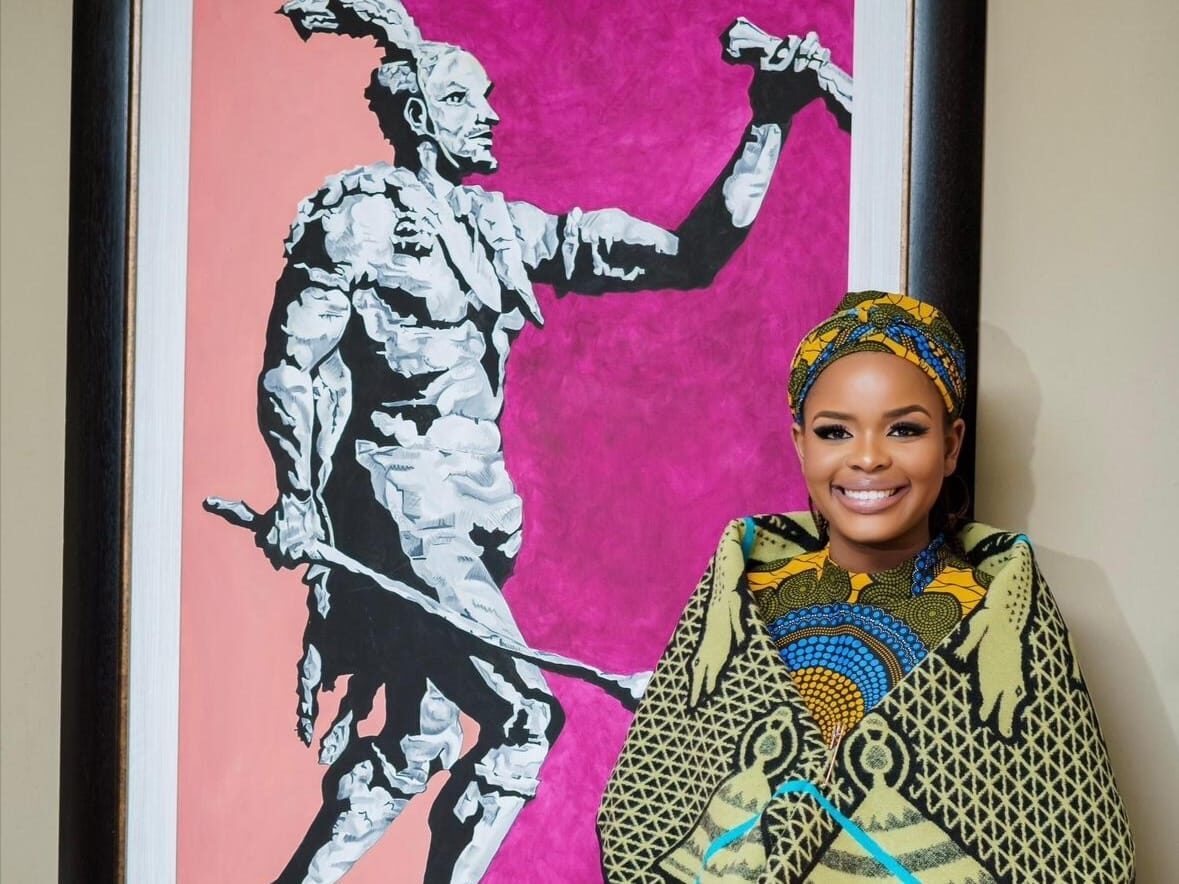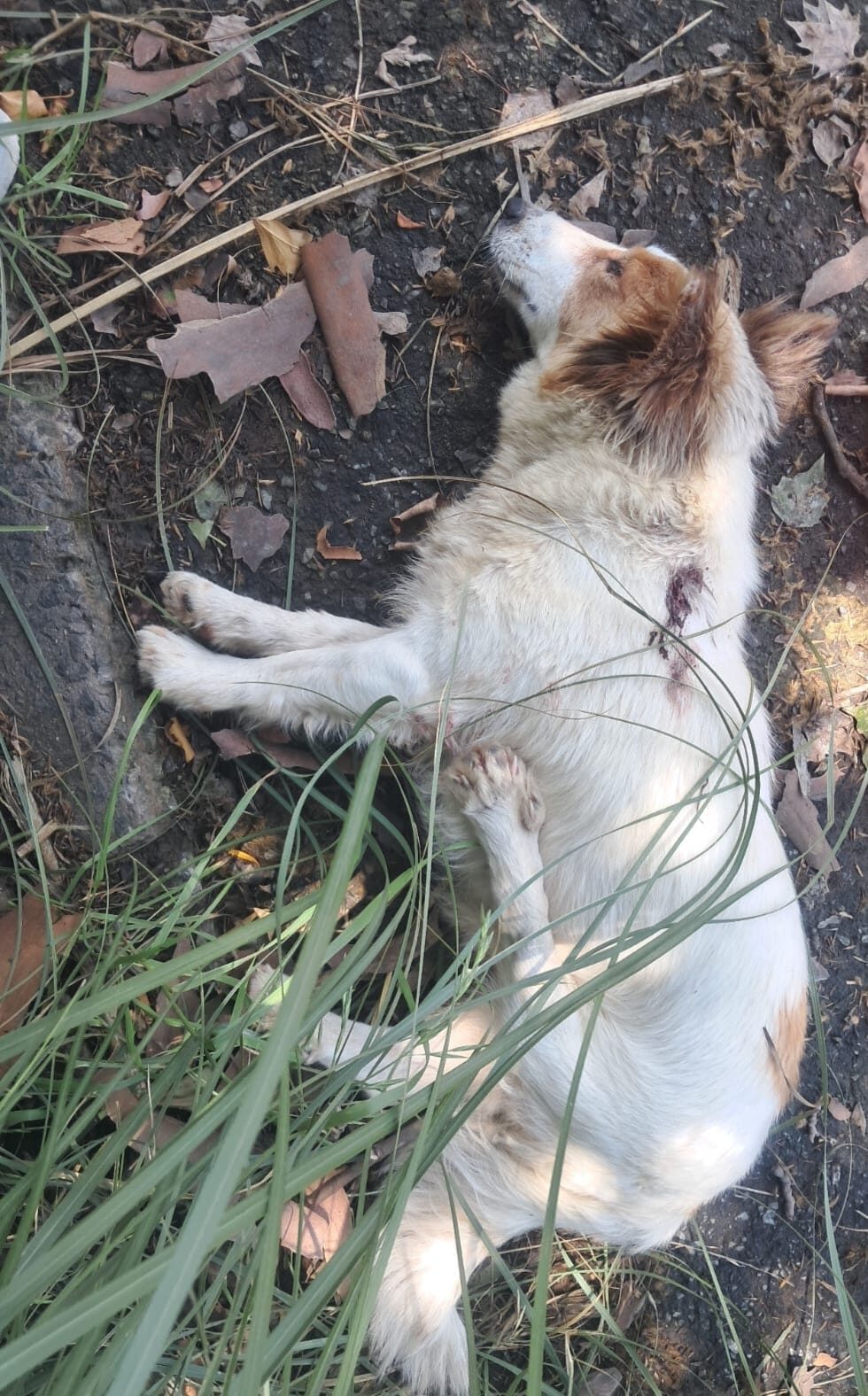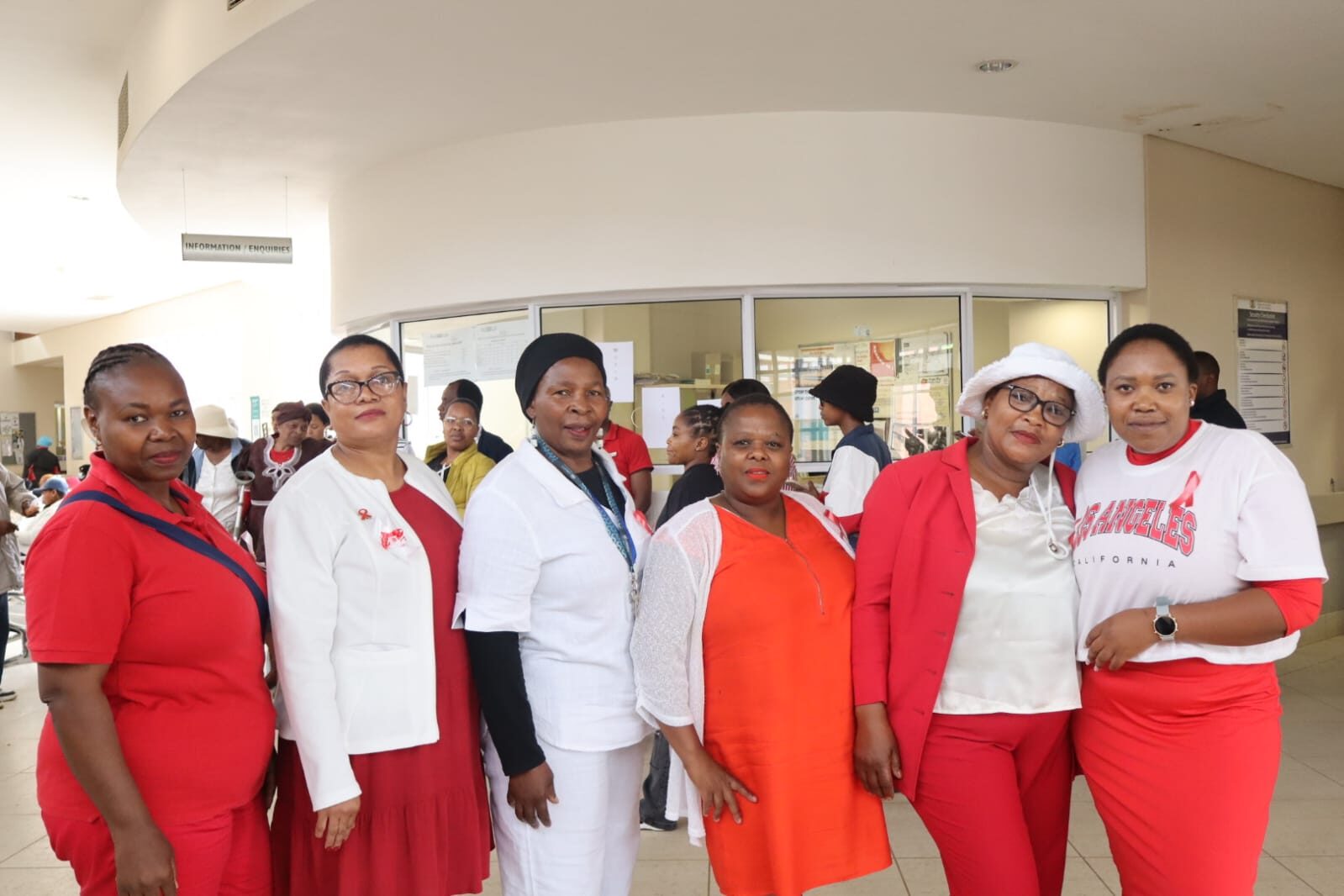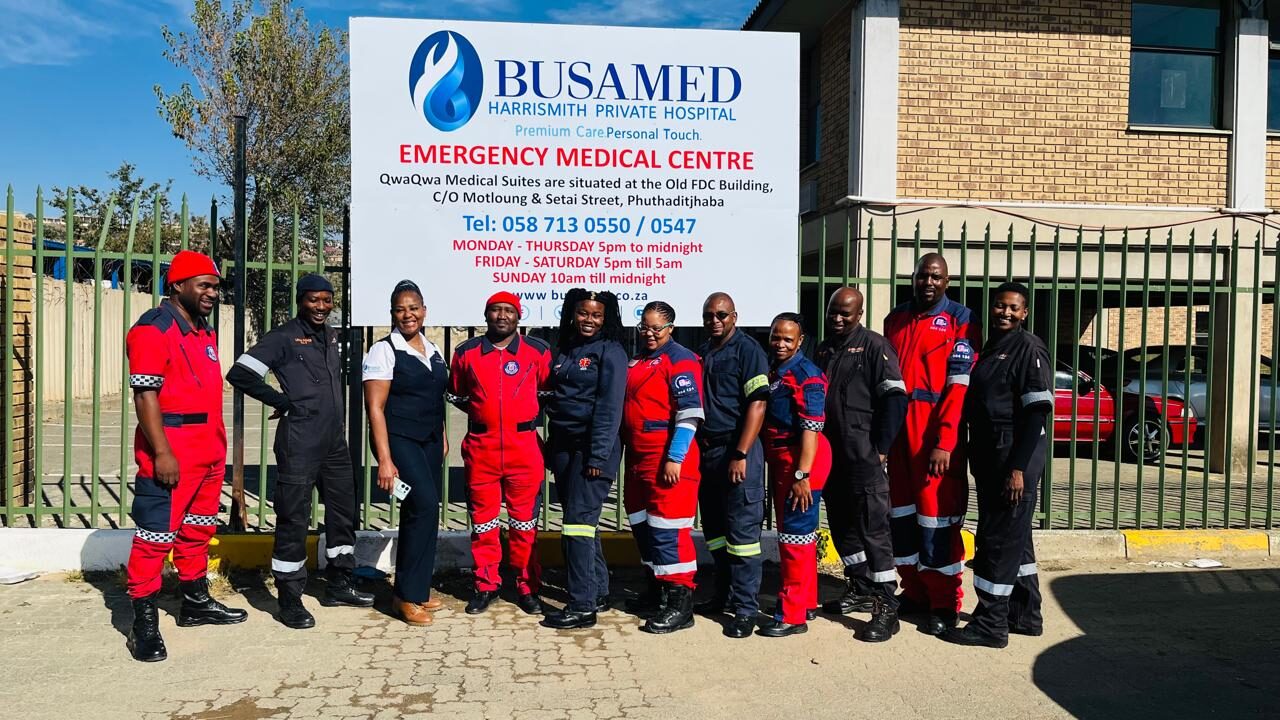By Emily Setona
QWAQWA – In an exclusive interview with The Guard newspaper during his visit to Namahadi on Monday 23 June, Free State MEC for Health, Monyatso Mahlatsi, emphasized the need for stronger community-based health responses—starting with engaging traditional leadership in the province. MEC Mahlatsi began his day in the area of Tsheseng, where he met with Morena e Moholo Morena Montoeli Mota, the senior traditional leader of Batlokoa.
He then proceeded to Namahadi, where he was hosted by Morena e Moholo Moremoholo Mopeli, the traditional leader of Bakoena, for a closed-door meeting that sought to lay the groundwork for more inclusive, accessible, and culturally responsive healthcare delivery in the QwaQwa region.
Speaking to The Guard after the engagement, Morena e Moholo Moremoholo Mopeli said: “This is not just a visit—it is a partnership, we appreciate the fact that the MEC finally honoured our invitation to come and talk about healthcare issues in our community. Our engagement with MEC Mahlatsi is about working together on programs that will bring essential healthcare services right into the backyards of our people. For too long, our communities, especially men, have neglected their health. We are here to change that.”
Morena Mopeli also stressed the importance of reclaiming responsibility for community health through encouraging men to get themselves screened and to know their health status. He said many people avoid clinics because of long queues, travel distances, and men don’t take their health as serious as women do. By bringing services such as screening and mobile clinics into the villages, the stigma is lessened, and access is improved.
Both Morena Mopeli and MEC Mahlatsi were aligned on the concern that men remain the most reluctant to get tested or seek care, particularly for chronic conditions. According to the latest statistics from the Free State Department of Health, over 65% of HIV-positive males in the province are diagnosed late, which increases the risk of complications and transmission.
In 2024, the Free State recorded an HIV prevalence rate of 17.6%, with QwaQwa identified as one of the most affected areas in the Thabo Mofutsanyana District. Tuberculosis also remains a serious concern. In Mofumahadi Manapo Mopeli Regional Hospital alone, over 1,200 TB cases were recorded last year, most of them involving patients from rural villages.
MEC Mahlatsi reiterated that the 1.1 Million National Campaign—an initiative aimed at closing the gaps in HIV and TB care—requires deep community engagement and active leadership from within.
“The role played by traditional leadership is of paramount importance. Their authority and influence allow us to reach people who might otherwise be left behind. If our traditional leadership encourage screening and early treatment, the people will listen,” said Mahlatsi.
He added that the department will be rolling out targeted mobile clinic visits, community screening drives, and health education campaigns, with the help of local leaders. The visit marks the beginning of a broader provincial push to create community-centred healthcare models in deeply rural and underserved areas. Both the Bakoena and Batlokoa traditional councils have committed to supporting the department’s work.
“We want to ensure that our people start to take their health and adherence to treatment very seriously,” said MEC Mahlatsi.
The MEC concluded his visit by meeting the management team at Mofumahadi Manapo Mopeli Regional Hospital. With traditional leaders stepping up as champions of health, the future of community wellness in QwaQwa is set to move in a more inclusive and impactful direction.







